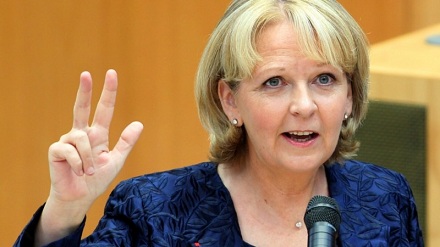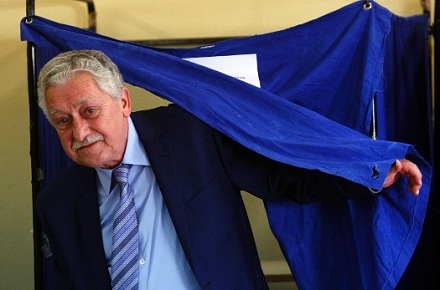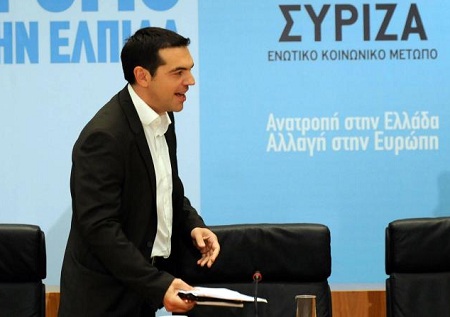With the presidential election in Egypt looming in just nine days, and with last week’s Algerian parliamentary election resulting in somewhat freer and fairer voting, Fawaz A. Gerges pen a very thoughtful piece in openDemocracy about the marriage of free-market capitalism and Islamism:![]()
![]()
Islamist parties are increasingly becoming “service” parties: an acknowledgment that political legitimacy and the likelihood of re-election rests on the ability to deliver jobs, economic growth, and to demonstrate transparency. This factor introduces a huge degree of pragmatism in their policies. The example of Turkey, especially its economic success, has had a major impact on Arab Islamists, many of whom would like to emulate the Turkish model. The Arab Islamists have, in other words, understood the truth of the slogan, “It is the economy, stupid!” The Turkish model, with the religiously observant provincial bourgeoisie as its kingpin, also acts as a reminder that Islam and capitalism are mutually reinforcing and compatible.
It is notable that the Islamists’ economic agenda does not espouse a distinctive “Islamic” economic model. This is unsurprising, however, as an Islamic economic model does not exist. Islamists suffer from a paucity of original ideas on the economy and have not even developed a blueprint to tackle the structural socioeconomic crisis in Arab societies.
Nevertheless, what distinguishes centrist religious-based groups from their leftist and nationalist counterparts is a friendly sensibility toward business activities including wealth accumulation and free-market economics. Islamism is a bourgeois movement consisting mostly of middle-class professionals, businessmen, shopkeepers, petty merchants and traders.
If there is a slogan that best describes Islamists’ economic attitude, it would be: “Islam-is-good-for-business”.






